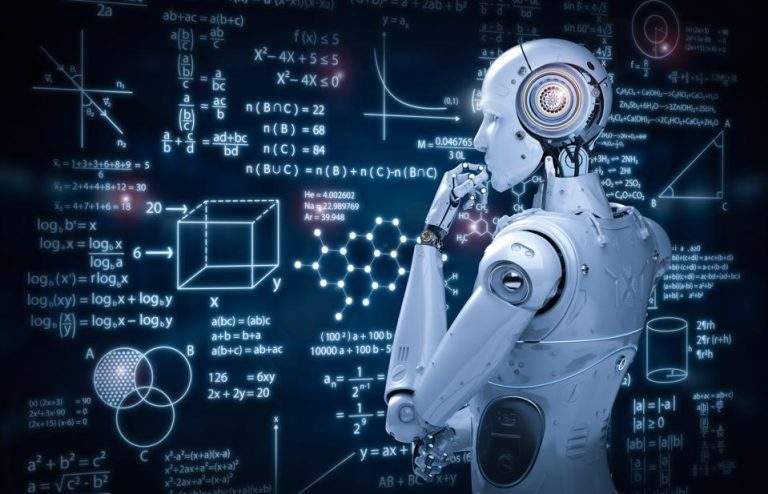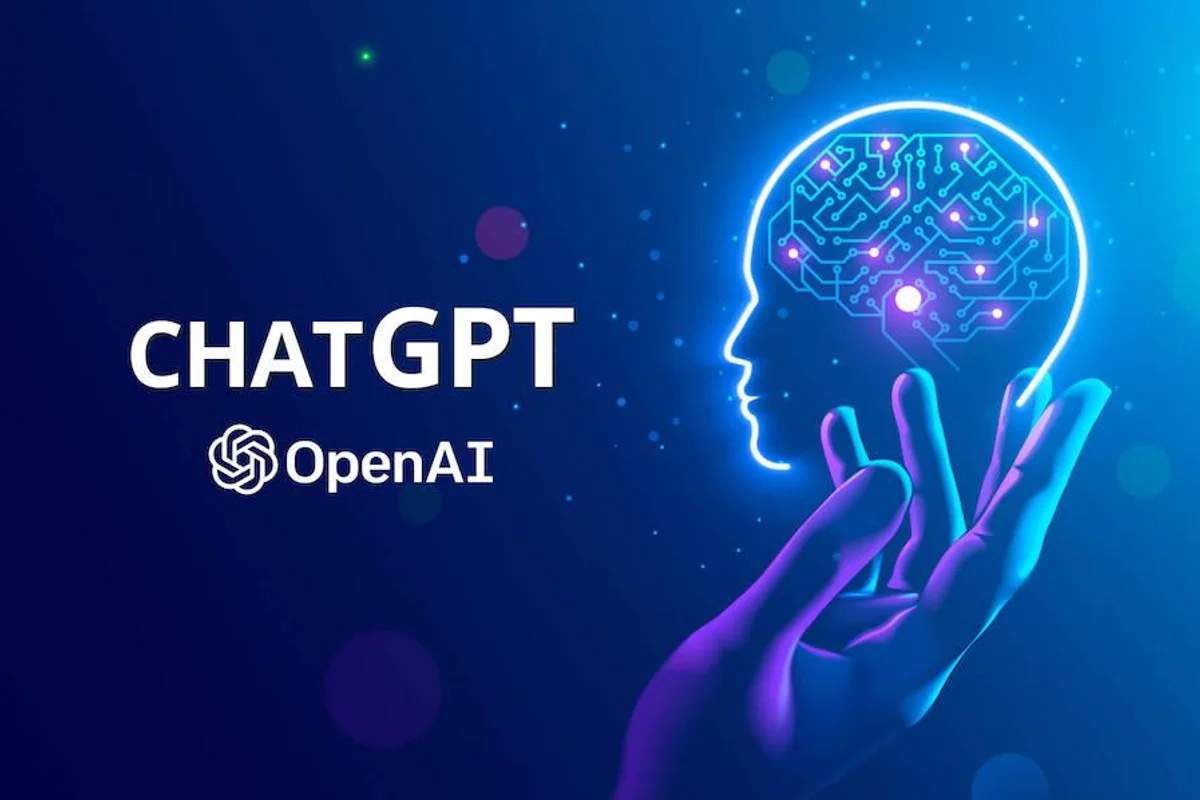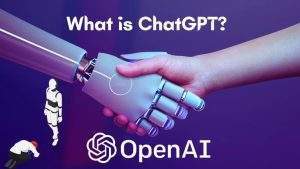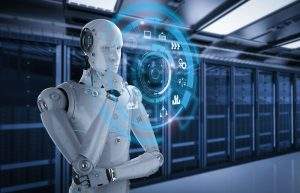Artificial intelligence (AI) and automation are having a profound impact on the job market, with many jobs that were once done by humans now being done by machines. As AI becomes more advanced, it is likely that it will automate many more jobs that are currently done by humans, which could have a significant impact on the workforce.
One of the most significant ways in which AI is changing the job market is by automating tasks that were once done by humans. This includes jobs such as data entry, customer service, and even some aspects of legal and medical work. As machines become more capable of performing these tasks, it is likely that fewer people will be needed to do them.
Another way in which AI is changing the job market is by changing the skills that are in demand. As machines become more capable of performing certain tasks, the demand for workers with those skills will decrease, while the demand for workers with skills that machines cannot replicate, such as creativity and emotional intelligence, will increase.
It’s also important to consider the impact of AI on low-skilled workers. As machines become more capable of performing certain tasks, it is likely that many low-skilled jobs will be automated. This could have a significant impact on low-skilled workers, who may find it difficult to find new employment.
However, it’s not all doom and gloom, as AI and automation can also create new jobs and opportunities. As machines automate certain tasks, it will free up human workers to focus on more complex, higher-skilled tasks. Additionally, the development and deployment of AI systems will create new jobs in areas such as data science, machine learning, and software development.
In conclusion, AI and automation are changing the job market in many ways. While it may lead to the disappearance of certain jobs, it will also create new jobs and opportunities. As a society, it’s important to be aware of the impact of AI on the job market and take steps to mitigate the negative effects and take advantage of the benefits. It’s important to start thinking about retraining and upskilling the workforce to adapt to these changes.











